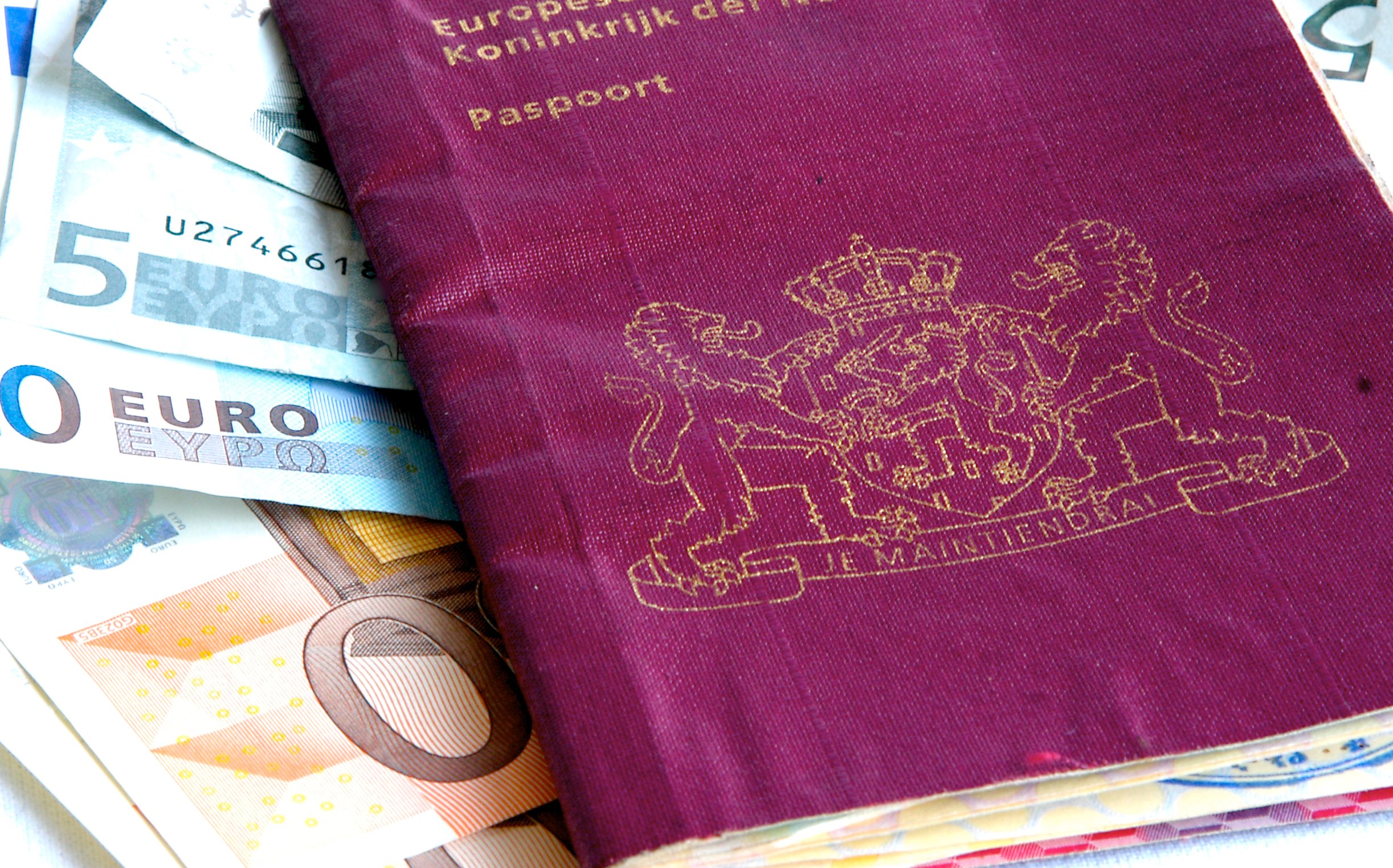Regulations on leave for Highly Skilled Migrants
3:24
Understanding the rules and regulations surrounding leave for highly skilled migrants is important for both employers and employees in ensuring compliance.
There are various requirements and conditions for Highly skilled migrants (HSM’s) and their employers that must be met to obtain and continue to hold a HSM residence permit. Amongst these are the employee’s obligation to have the Netherlands as the country of main residence, and to timely inform the IND of any major changes. The employer has various obligations which include keeping neat records, a duty of care to carefully select and recruit HSM’s, and to inform the HSM employee of their rights and obligations.
One of the most important obligations for the employer is that the employee is paid a salary that meets the applicable salary threshold. As a rule of thumb, the salary threshold must always be met. However, there are exceptional circumstances under which temporary non-compliance with these salary thresholds is permitted.
As employees in the Netherlands, Highly skilled migrants are entitled to various types of leave, similar to other employees who hold Dutch or other EU citizenship. These types of leave include annual leave, sick leave, maternity and paternity leave, and parental leave. Each type of leave has specific regulations and entitlements that both the employer and employee must adhere to.
When determining whether the type of leave is permitted for a HSM, the most important aspect is that the type of leave is a legal right to the employee.
For example, maternity leave typically allows for a period of paid leave before and after the birth of a child. Parental leave, on the other hand, may allow for extended partially paid or unpaid leave, which requires careful management to ensure compliance with immigration rules.
Taking leave can have significant implications for highly skilled migrants, because if the type of leave that causes the salary to fall short of the applicable HSM threshold is not a legal right, this may lead to the permit to be revoked. It is therefore crucial for both employers and employees to understand how different types of leave may affect the conditions of the highly skilled migrant’s residence permit. Employers must ensure that they are compliant with all regulations while accommodating the needs of their employees.
In cases where the salary threshold is temporarily not met due to a reduction in wage as the result of a type of leave that is a legal right to the employee, it is important that the employer timely reports the situation to the relevant immigration authorities and provides appropriate documentation to support the temporary non-compliance. This ensures that the highly skilled migrant’s residence permit remains valid during their period of leave.
Exterus can assist with determining whether the type of leave is a legal right to the employee, and (assist with) notify(ing) the IND of the temporary non-compliance of the salary threshold (on the employer’s behalf).
If you have any doubts or questions regarding Highly Skilled Migrants and leave, do not hesitate to contact us.


Unravel the key differences between staffing and payrolling to make informed decisions for your business needs.

Avoid costly fines when hiring non-EU students in the Netherlands. This guide covers work permits, working hour limits, and administrative duties for employers.

Hiring non-EU talent as a non-profit in the Netherlands? Learn the pros, cons & criteria of key permits like the Highly Skilled Migrant, GVVA & EU Blue Card. Find out which fits your organization best and get expert help to simplify the process!

Looking to hire top global talent fast? Learn how your Dutch startup can hire highly skilled migrants using an Employer of Record—skip the red tape, stay compliant, and scale smarter. Discover the benefits and process in our guide.

Discover the ins and outs of holiday allowance in the Netherlands, including how it’s calculated, when it’s paid, and why it’s an essential perk for employees in the Netherlands.

The Netherlands has relaxed EU Blue Card requirements, offering better job security, lower salary thresholds, and new IT professional benefits. Find out how you can qualify!

Become a recognized sponsor with the IND and benefit from a fast-track immigration process. Discover the advantages, requirements, and application steps. Exterus guides you through every phase, from recognition to Employer of Record services.

Learn how to transition from self-employment under a DAFT permit to a salaried position in the Netherlands. Navigate Dutch immigration & employment regulations with ease.

Explore how the Temporary Protection Directive enables Ukrainian nationals to live and work in the Netherlands. Learn about hiring processes, employer responsibilities, and pathways to long-term residency.

Discover the benefits of the International Trade Scheme (ITS) for Dutch businesses. The ITS allows companies to bring in specialized non-EU workers quickly and efficiently without the need for individual work permits, streamlining international projects.

This article aims to provide an outline of the requirements and procedural steps to ensure a smooth and compliant experience for hiring interns in the Netherlands
Subscribe to our newsletter and stay ahead with the latest insights and developments in global employment mobility, delivered straight to your inbox.
By subscribing you agree to with our Privacy Statement